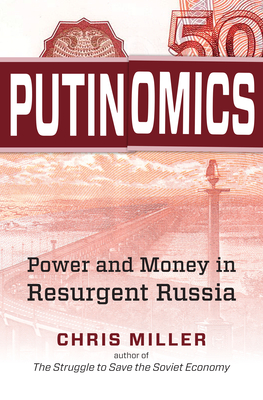Expedite your nonfiction book discovery process with Readara interviews, summaries and recommendations, Broaden your knowledge and gain insights from leading experts and scholars
In-depth, hour-long interviews with notable nonfiction authors, Gain new perspectives and ideas from the writer’s expertise and research, Valuable resource for readers and researchers
Optimize your book discovery process, Four-to eight-page summaries prepared by subject matter experts, Quickly review the book’s central messages and range of content
Books are handpicked covering a wide range of important categories and topics, Selected authors are subject experts, field professionals, or distinguished academics
Our editorial team includes books offering insights, unique views and researched-narratives in categories, Trade shows and book fairs, Book signings and in person author talks,Webinars and online events
Connect with editors and designers,Discover PR & marketing services providers, Source printers and related service providers
Putinomics : Power and Money in Resurgent Russia
Interview with Chris Miller


Interview Summary
The collapse of the Soviet Union in 1991 left Russia with economic malaise, rapid inflation and a sharp escalation in foreign debt. Even after the collapse, the Russian Federation, the country with the largest land mass, a population of 143 million and spanning multiple continents with 11 time zones and sharing borders with 14 nations. What happens in Russia does matter.
Back in 1991, the newly formed bankrupt nation struggled for another eight years before Vladimir Putin rose to lead Russia. By the time President Putin took control of the Kremlin’s bureaucracy, Russia had already defaulted on its foreign debt, shortages were widespread and the hold of the central government was weakening in the far flung regions of the country. In other words, Russia’s rule barely mattered and the looting of the nation continued.
In Putinomics, Professor Chris Miller offers a detailed account of how president Putin perceived the nation’s problems and how he went about setting the priorities for his administration. Putin applied a methodical and pragmatic approach in getting the nation’s finances in order, tightening the control of the state and maintaining stability in the nation. But it all came at a huge human cost.
This is the story of a nation that managed to rise from its bankruptcy at birth to accumulating $600 billion in its sovereign wealth fund in less than a decade. In a well-researched historical account drawn from various Russian records, Professor Miller offers insights into various economic challenges faced by Putin and how he reestablished his brand of personal politics, mended Russia’s finances and held in check the power of oligarchs.
However, Putin ended up replacing one group of oligarchs with another, failed to check the widespread corruption at the highest level of government and he has still not found a way to steer Russia’s economy away from its dependence on oil and gas. As Russia faces decades of stagnation ahead, younger and more ambitious generations will continue to leave, private businesses will remain strangled as Putin and his likely successor are expected to keep a tight control of the state across the economy.
Key Topics
- What was the state of the Soviet economy in the late 1990s?
- What did Putin inherit in 1999?
- What defined Putin’s priorities after the fall of the Soviet Union and the Russian debt default?
- What are the three basic principles through which Putin guides the Russian economy?
- Who played a key role in building a large national wealth fund?
- Why has Russia not succeeded in diversifying the economy away from energy sector?
- How did the Bank of Russia handle the 2008 financial crisis and the oil price plunge in 2014?
- Why are Putin’s economic priorities suffocating private sector, entrepreneurs and health and education?
- Why has the Russian economy stagnated and what will it take to change its growth outlook?
- What kinds of hurdles will Russia's next leader have to overcome in restructuring the country's economy?
About Chris Miller
Chris Miller is Assistant Professor of International History at the Fletcher School at Tufts University. He is also Eurasia Research Director of the Foreign Policy Research Institute. He is author of The Struggle to Save the Soviet Economy and Putinomics: Power and Money in Resurgent Russia. His articles have been published in academic journals such as Soviet and Post Soviet Review and in popular publications such as The Wall Street Journal. He received his PhD and MA from Yale University and his AB in history from Harvard University.Can Russia Adapt Gas Exports to a Competitive Global Market?
